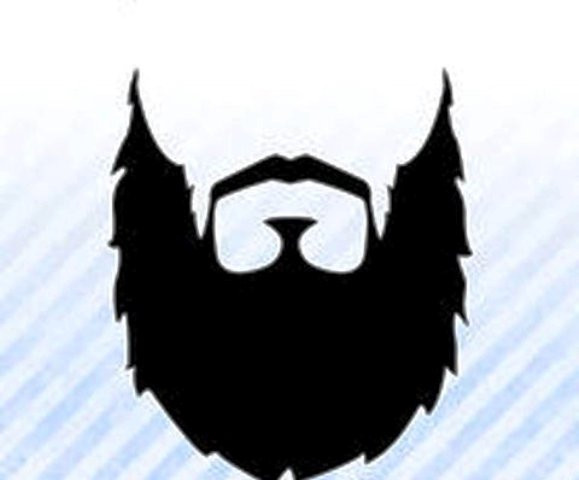For years I lived any young adult’s dream; there was music, parties, banter, unorthodox festivities, substance abuse and a fair degree of foul play. Then things changed radically - it was nothing short of a revolution; I grew a beard.
After extensively studying and reading about both Islam and other religions, I started to pray five times a day and even encourage friends and colleagues towards the path of salvation. I have finally chosen spirituality over (supposed) rationality and have given up on worldly desires to pursue those of an eternal life.
Why did I grow a beard?
For me it was simple: a beard would let people know that I am a "practising" Muslim. I no longer wished to be part of activities which I used to indulge in before.
As I let the beard grow, it raised some eyebrows as people around me also noticed a visible difference in my personality. Airport authorities were interested in why I did not resemble the guy in my passport picture (the picture was taken at the Pakistan High Commission in London and I looked funkier at the time). But I did not realize what a difference my new facial hair made until I returned to Pakistan for vacation.
Bearded in Pakistan
Ironically, in Pakistan the beard has become synonymous with terms like jaali mullah (deceitful priest), chor maulvi (thief priest), dehshatgard (terrorist), or ‘brainwashed fool’. Moreover, if you happened to have a beard with no moustache, people are not afraid to call you ‘Taliban’ to your face.
Bearded people particularly when they wear shalwar kameez (the national dress of Pakistan) are regarded as criminals, kidnappers or rapists. What is worrying is that everyone has a story to tell of how they have been wronged in some way by a ‘bearded mullah-type person’.
Beards badnaam hui...
Sadly, some do feel that a beard and all that it represents, gives you the ‘licence to kill’ in Pakistan. It seems that far too many have taken advantage of the beard to gain the trust of innocent people merely to wrong them. What these sinning souls have done is tarnish the image of the beard which was once the symbol of a pure mo’min (believer of Islam).
So, therein lies the lesson: with great beard comes great responsibility.
Beards are not just for terrorists
This year I gave up on the high life and grew a beard - trust me, a bit of facial hair can change your life forever.



COMMENTS
Comments are moderated and generally will be posted if they are on-topic and not abusive.
For more information, please see our Comments FAQ